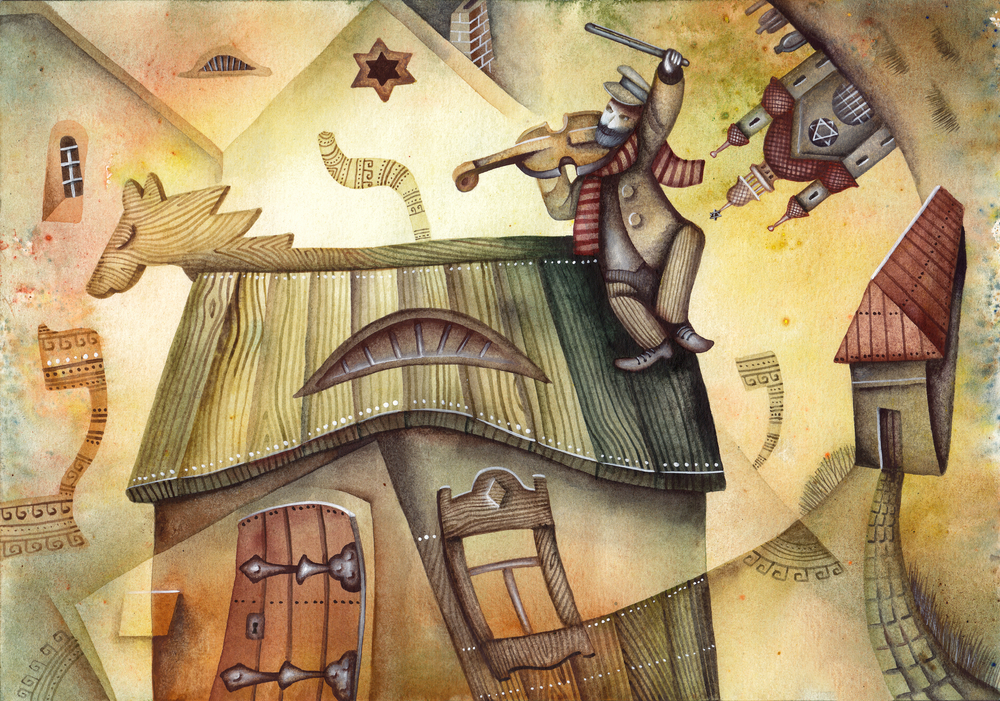The Other Jewish Comics
by Kelley Kidd
With the new influx of superheroes and comic book characters into film, what was formerly a somewhat niche genre has become mainstream. On...
A Proper Israeli Sendoff
by Rebecca Borison
The Israeli Embassy was full of blue and white balloons, and a falafel bar was stationed at the back of the room. What...
The Plight of the Three-Day Holiday
by Rebecca Borison
This past Friday, I turned off my iPhone at approximately 7 pm and prepared myself for three days of being disconnected. Shavuot happened...
Guess Who’s Coming to Dinner? (The Great Gatsby Edition)
Been on the Internet today? My guess is yes. In that case, you've probably seen the trailer for Baz Luhrmann's adaptation of The Great Gatsby....
The New Religious Intolerance: An Interview with Martha Nussbaum
By Caitlin Yoshiko Kandil
From Switzerland’s ban on minarets, to France’s ban on headscarves, and the controversy that raged over Park 51, the “Ground Zero Mosque”...
Remembering Sholom Aleichem
by Kara A. Kaufman
It’s not every day that you see your own photograph in a newspaper, much less a Russian publication printed halfway around the...
Amar’e Gets Animated
First there were New Yorker cartoons with Kanye West tweets. Now there are Moment cartoons with Amar'e Stoudemire tweets. No explanation should be necessary.
Religion and the Supreme Court
What impact—if any—does a justice’s faith have on his or her jurisprudence? Legal experts Marci Hamilton, Douglas Kmiec, Abner Mikva, Jamie Raskin, Jeffrey Rosen, Jeffrey Toobin, Laurence Tribe, Eugene Volokh and Wendy Webster Williams discuss and debate.
Do We Divide The Holiest Holy City?
Jewish and Arab writers—Amos Elon, Hillel Halkin, Etgar Keret, Amos Oz, Naomi Ragen, Meir Shalev, Sayed Kashua, Ali Khalili, Ghassan Khatib, Ali Qleibo and Elias Zananiri—describe their visions of Jerusalem’s future.
Proud and Prickly with a Soft Heart
Muscular. Courageous. Bronzed. The stereotype of the sun-kissed sabra is Ari ben Canaan, as played by actor Paul Newman in the 1960 movie Exodus. The word sabra stems from the name of the prickly pear cactus—tzabar in Hebrew and sabr in Arabic—whose thick thorny skin covers a sweet and succulent soft flesh. An affectionate metaphor, it describes native-born Israelis whose rough and impertinent manners hide their good hearts and sensitive souls.

